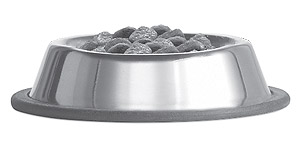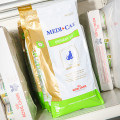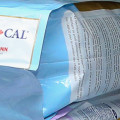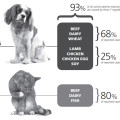 Comparing Pet Foods…
Comparing Pet Foods…
The right information is your best resource when choosing a food for your pet. Grocery store and pet store employees may have limited information and rely only on the food labels and manufacturer’s claims when offering nutrition advice. Your veterinarian and veterinary health care team have the training, resources and knowledge of your pet’s health history to make the right nutritional recommendation for your pet’s age and lifestage.
Some Additional Items to Consider when Choosing a Pet Food:
Is the food tailored to address specifi c dietary requirements and contain the right balance of nutrients to meet the needs of pets based on lifestage, activity level or health condition?
Many generic brands sold in grocery and pet stores offer “All Lifestages” products that do not tailor key nutrients like protein, calcium or sodium to health requirements of different ages from puppy/kitten to mature adult.
Is the manufacturer’s product development backed by research and does it have high levels of clinical testing demonstrating the effi cacy and safety of the ingredients used in its products?
Pet foods carried exclusively by a veterinary clinic and recommended by any veterinary health care team member are carefully researched to ensure the product is of the highest quality and will best suit the needs of pets based on age, lifestyle or disease condition.
Are the ingredients screened to avoid nutrient excess?
Excess amounts of nutrients such as phosphorous, sodium, calcium or magnesium can be dangerous to a pet’s health.
How much of the manufacturing process takes place “in-house”? Are any inspections of the manufacturing facilities conducted by independent certifi cation authorities?
Manufacturing policies vary per company. Please discuss these considerations with your veterinarian or veterinary health care team to learn more about manufacturing standards, policies and certifi cation processes pertaining to your pet food brand.







